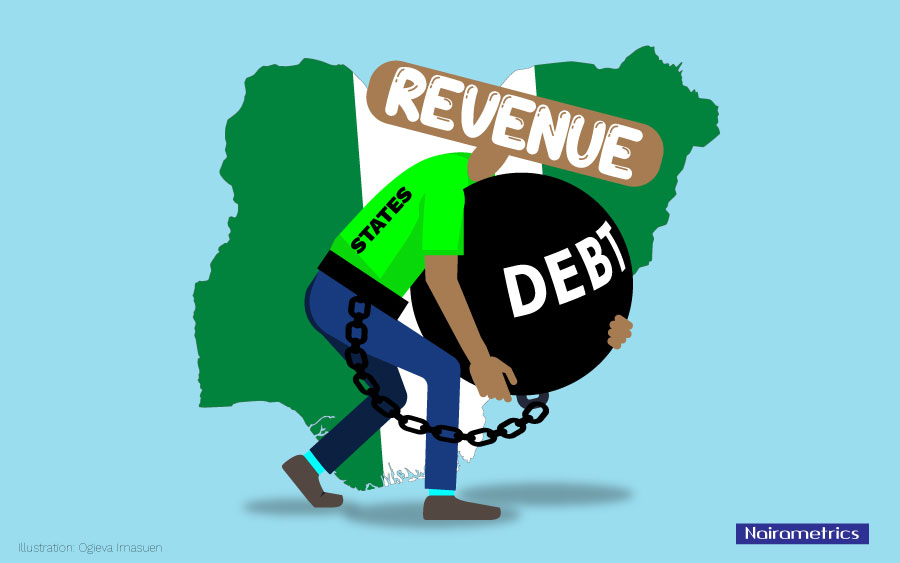Bismarck Rewane and the Nigerian Economic Summit Group have countered the claim of the Finance Minister, Zainab Ahmad, that Nigeria doesn’t have a debt problem.
Managing Director/Chief Executive Officer, Financial Derivatives Company, Rewane said the total public debt, which rose to N26.22 trillion as of September 2019 from N25.70 trillion in the same period of 2018, raises concern.
In its 2020 Macroeconomic Outlook, NESG stated that “Nigeria’s mounting debt profile is a major concern despite the country having about $900bn worth of dead capital in properties and agricultural lands (PwC Nigeria, 2019).”
The National Bureau of Statistics (NBS) reported that the nation’s total debt rose from N25.70 trillion in March 2019 to N26.14 trillion by the end of September 2019. This means, quarter on quarter, Nigeria’s total debt stock rose by 1.71% or N440 billion.
Nigeria’s debt stock category for the third quarter of 2019 shows that the country’s total external debt is estimated at N8.27 trillion, constituting 31.55% of total debt for the Federal Government, States, and the FCT.
The total domestic debt rose to N17.94 trillion or 68.45% of total debt stock within the quarter.
The Federal Government’s domestic debt was put at N13.9 trillion, constituting FGN Bonds, FGN Savings Bonds, FGN Sukuk, Green Bond, Promissory Notes, Nigerian Treasury Bills and Bonds.
ALSO READ: Africa records first Coronavirus case
A further look into the breakdown of debts accruable to states in Nigeria disclosed that states’ debt profile increased marginally by 1.9% within the last quarter.
According to the Economic Group, the properties with dead capital are the National Art Theatre, the National Stadia in Lagos and Abuja. The group also included Tafawa Balewa Square, Lagos, and the Federal Nursing Hospital, Ikoyi as the redundant assets that the government needs to commercialise or privatise in order to unlock finance and economic growth.
After the country’s debt had grown by 214.90% over the past six years, from N8.32 trillion in June 2013 to N26.2 trillion as of September 2019, a Financial Derivatives Company’s bi-monthly economic and business update disclosed that, “It is vital to employ proactive measures to reduce the current debt level.”
The group, which is a private sector-led think-tank said the significant borrowings had gone unnoticed and Nigeria needs infrastructure development to boost the economy.
“The ever-increasing government spending is yet to yield any notable results; poverty is on the rise and health and educational facilities remain inadequate amid the fast-growing population. Debt service has become a significant portion of the expected revenue in 2020. It accounted for over 60% of the government’s independent revenue in 2019.
Meanwhile, the group said for Nigeria to avoid “an unnecessary debt burden on future generations”, there’s a need for the government to intensify the effort of generating more revenue from alternative sources.

 Football6 days ago
Football6 days ago
 Health & Fitness16 hours ago
Health & Fitness16 hours ago
 Aviation1 week ago
Aviation1 week ago
 Featured5 days ago
Featured5 days ago
 Comments and Issues6 days ago
Comments and Issues6 days ago
 Education5 days ago
Education5 days ago
 Business5 days ago
Business5 days ago
 Education1 week ago
Education1 week ago











